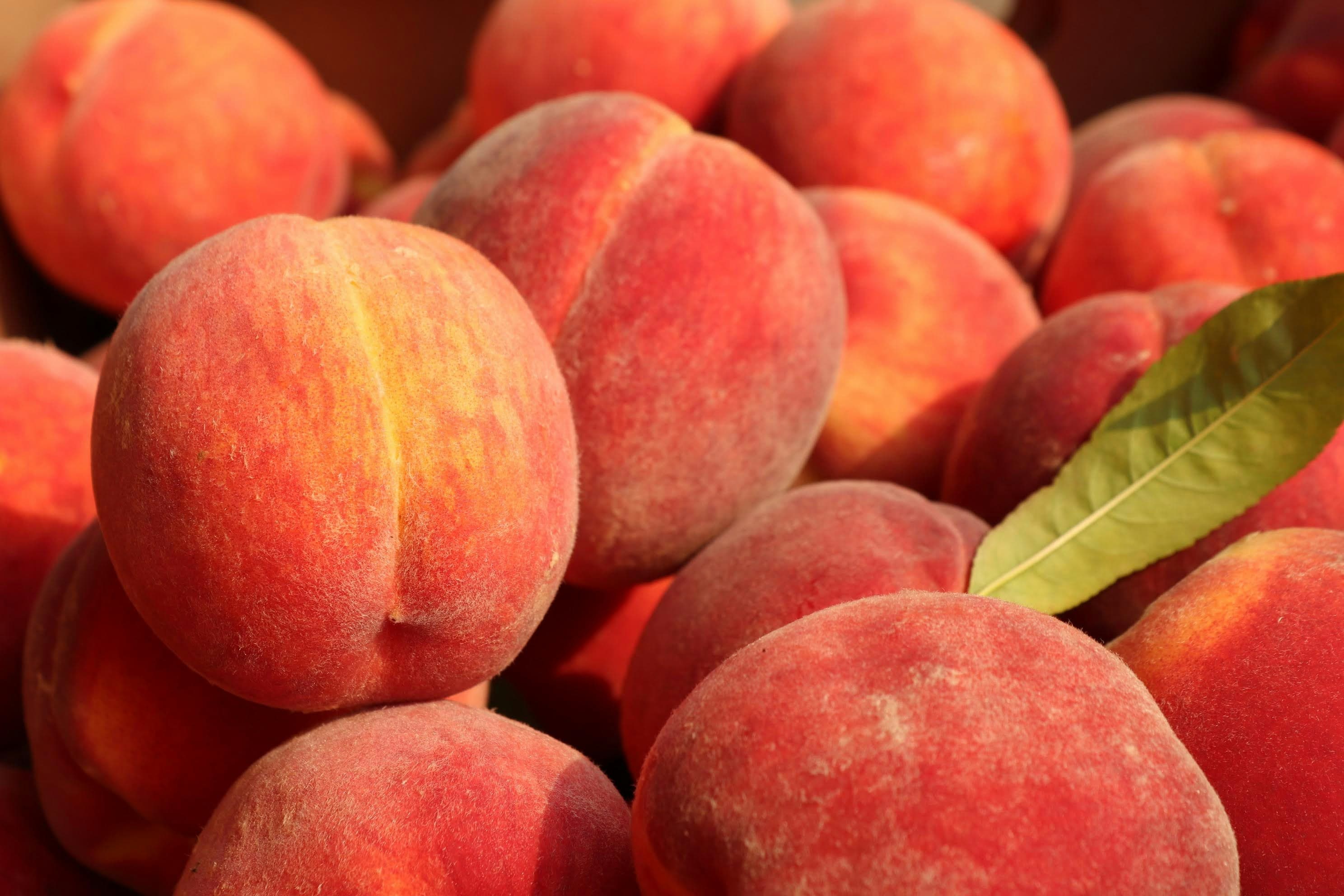Oh, the succulent sweetness of peaches! If you like it, you want to share it with your dog companion, as well. Many dog owners are interested in a varied diet for their pets, and fruits have become a topic of interest. In this article, we delve into whether dogs can eat peaches, dissecting the potential pluses and harms it may bring to dogs, how peach pits pose a significant hazard, and the safest methods to introduce this fruit into your dog's diet.
Can dogs have peaches? The answer is yes, dogs can eat peaches, but there are several important considerations to remember. Peaches can be a source of vitamins A and C, fiber, and antioxidants, which can contribute positively to a dog's diet. However, the fruit should be offered in moderation and prepared appropriately to ensure it's safe for consumption.
How Are Peaches Bad for Dogs?
There are instances where peaches can be harmful to dogs. The primary concern lies in the sugar content of peaches, which, when consumed in excess, can cause gastrointestinal issues and potentially contribute to obesity and diabetes. Furthermore, the flesh of the peach may be safe, but the skin can sometimes cause mild stomach upset in some dogs, particularly if they have sensitive stomachs or are not accustomed to fruit in their diet.
Peach Pits and Dogs
The most significant danger peaches pose to dogs comes from their pits. Peach pits contain amygdalin, which can degrade into cyanide when metabolized. Thus, ingesting a peach pit can lead to cyanide poisoning in dogs, a serious and potentially fatal condition. Moreover, the hard nature of peach pits can lead to a choking hazard and can cause intestinal blockages or damage to the teeth, making it imperative to keep them away from your dog.
How to Safely Serve Peaches for Dogs
As we answered the question, "Are peaches good for dogs?" now you need to know how to safely introduce this fruit into your dog's diet.
Fresh over processed: Always opt for fresh peaches over canned or processed ones, which often contain added sugars and syrups that are unhealthy for dogs.
Preparation: Ensure the peach is thoroughly washed to remove pesticides or chemicals from the skin. Remove the pit and cut the fruit into small, bite-sized pieces to avoid choking hazards.
Moderation: Begin by offering a small piece of peach to see how your dog reacts. If there are no adverse effects, it can be given as an occasional treat but should not constitute a significant portion of their diet.
Monitoring: After introducing peaches or any new food into your pet's diet, keep an eye out for signs of an allergic reaction or gastrointestinal distress, such as vomiting or diarrhea.
Consulting a vet: Always check it with your veterinarian before adding new foods to your dog's diet, especially if your dog has preexisting health conditions or dietary restrictions.
In conclusion, while "Can dogs eat peaches?" is a question with a positive answer, it comes with several caveats. Peaches can be a good treat for dogs when given in moderation and prepared safely, without the pit or skin. Introducing any new food slowly and watching for any signs of unusual reactions is vital.
Frequently Asked Questions
Can dogs eat apricots?
Yes, dogs can eat apricots, but removing the pit and any leaves or stems is crucial to prevent choking or cyanide poisoning.
Can dogs eat nectarines?
Dogs can eat nectarines in moderation. To avoid choking hazards, ensure they are pit-free and cut into small, manageable pieces.



